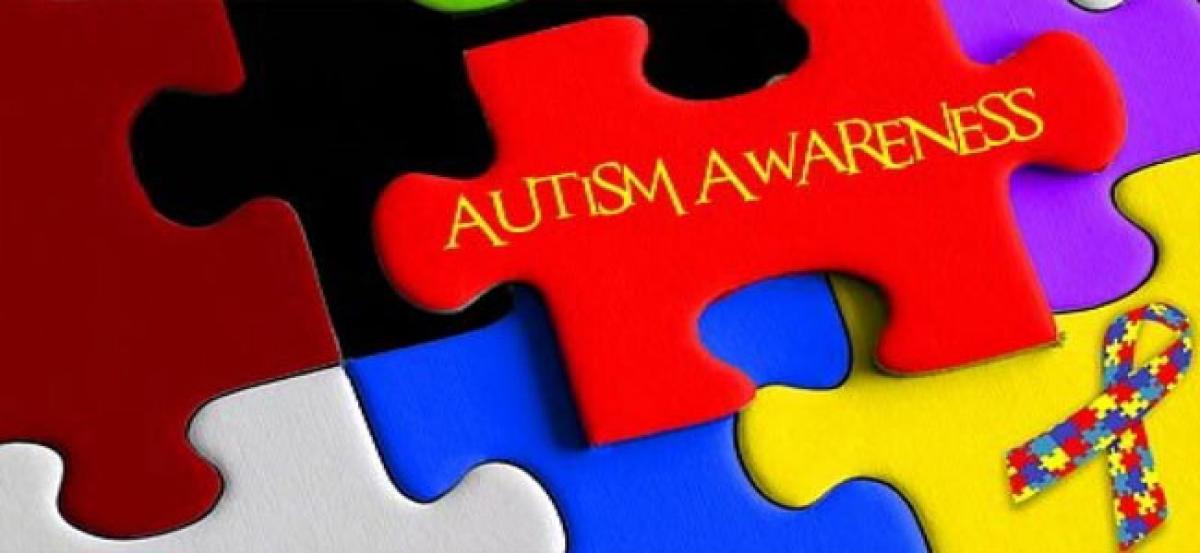Live
- Ashutosh Gowariker to lead International Jury at IFFI 2024
- The global challenges of greener aviation
- Shreyas Media secures exclusive advertising rights for ‘MahaKumbh Mela 2025’
- Experience the journey of art
- Seven iconic ghats undergo makeover for Mahakumbh
- Smog engulfs capital with ‘severe’ air quality
- Slur against HDK wrong, Zameer will be corrected: K’taka Cong
- Himalayan Echoes Literature Festival returns to Nainital with a focus on art, environment, and culture
- Taking Off: Solo travelling as a minor
- MVA will win over 160 seats, form govt in Maha: Shivakumar
Just In
Girls’ social camouflage skills may delay autism diagnosis


Girls\' social camouflage skills may delay or prevent autism diagnosis as they seem to struggle more than boys with performing routine tasks like getting up and dressed or making small talk, a study has found.
Washington: Girls' social camouflage skills may delay or prevent autism diagnosis as they seem to struggle more than boys with performing routine tasks like getting up and dressed or making small talk, a study has found.
Camouflaging is a social coping strategy for adults with autism spectrum conditions (ASC). The findings, published in the Journal of Autism and Developmental Disorders, add to the growing evidence that girls with autism may show symptoms differently than boys, and that some of the social difficulties experienced by females with autism may be masked during clinical assessments.
“Based on our research criteria, parents report that the girls in our study with autism seem to have a more difficult time with day-to-day skills than the boys," said Allison Ratto, from the Center for Autism Spectrum Disorders in the US. "This could mean that girls who meet the same clinical criteria as boys actually are more severely affected by ongoing social and adaptive skill deficits that we don't capture in current clinical measures," Ratto said.
“Autistic girls, in general, may be camouflaging these types of autism deficits during direct assessments,” Ratto said.
The study used an age-and IQ-matched sample of school- aged youth diagnosed with ASD to assess sex differences according to the standard clinical tests including the Autism Diagnostic Observation Schedule (ADOS) and the Autism
Diagnostic Interview-Revised (ADI-R).
“This study is one of the first to eliminate many of the variables that obscure how sex impacts presentation of autism traits and symptoms. Though today's clinical tools do a really good job capturing boys at a young age, with a wide range of symptom severity, they do it less effectively for girls,” said Lauren Kenworthy, from the Center for Autism Spectrum Disorders.
“This is a crucial issue considering how much we know about the success of early interventions on long-term outcomes. We have to find better ways to identify girls with autism so we can ensure the best approaches reach all who need them as early as possible," Kenworthy said.

© 2024 Hyderabad Media House Limited/The Hans India. All rights reserved. Powered by hocalwire.com






